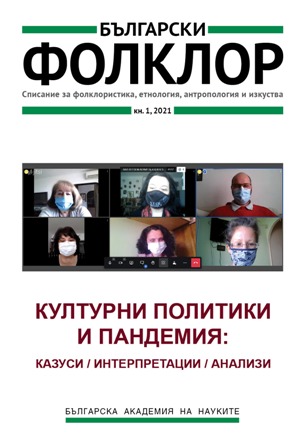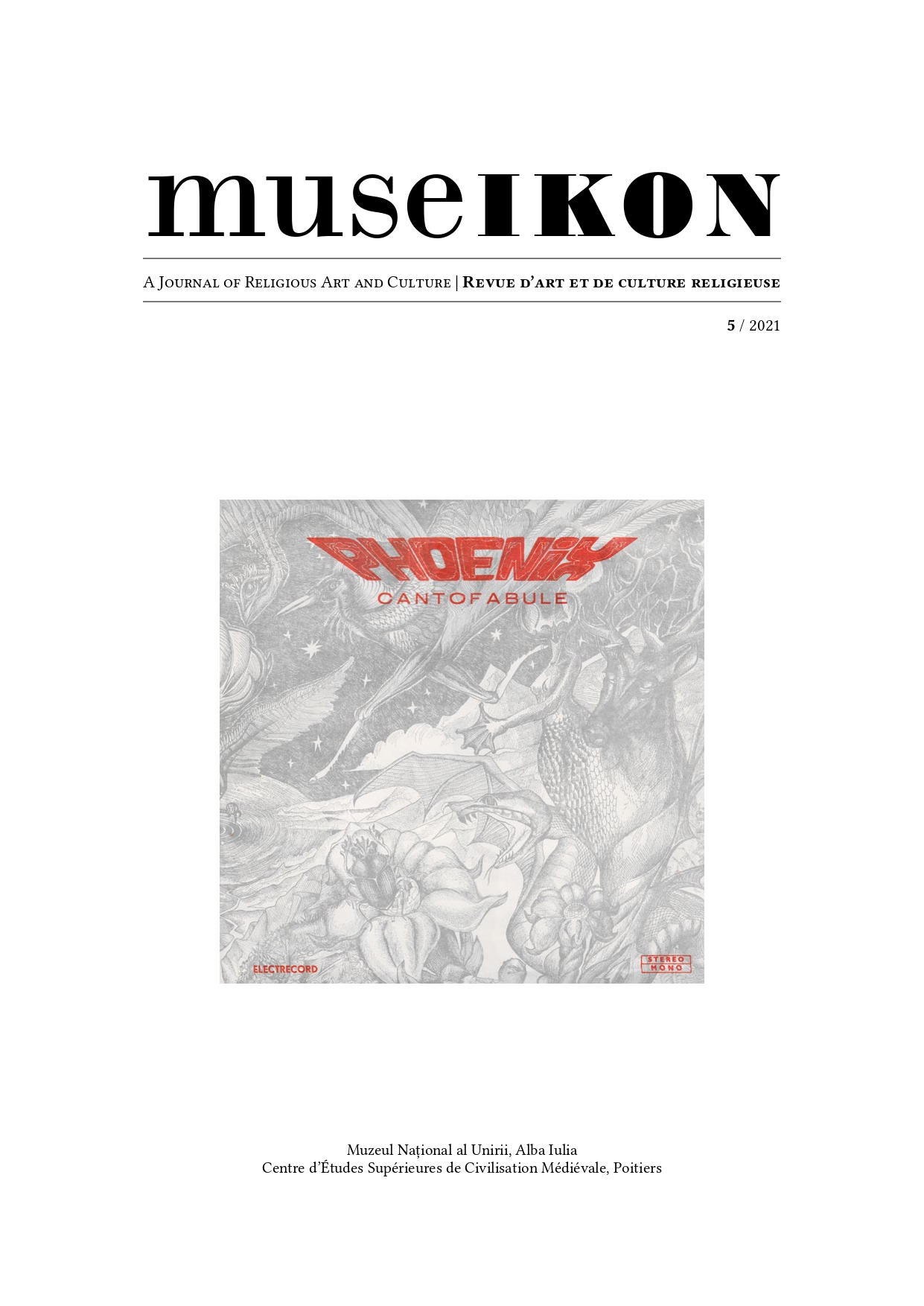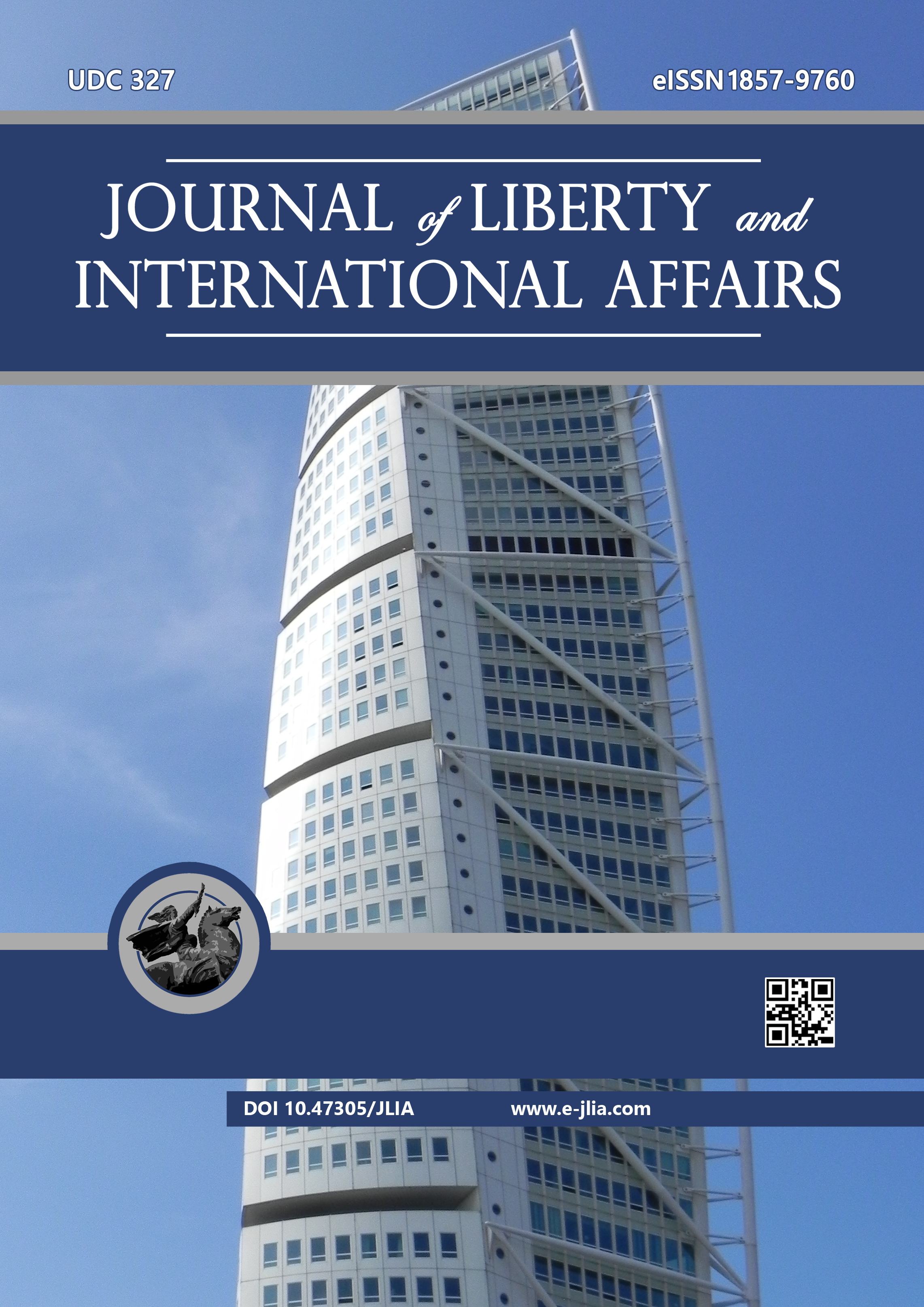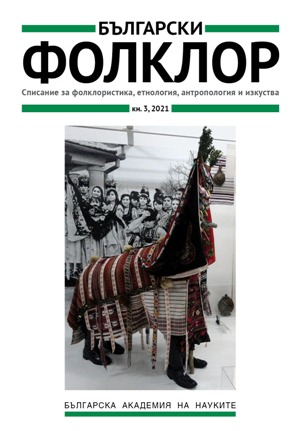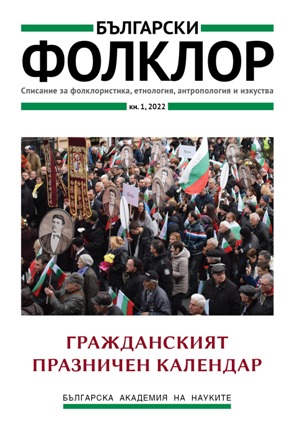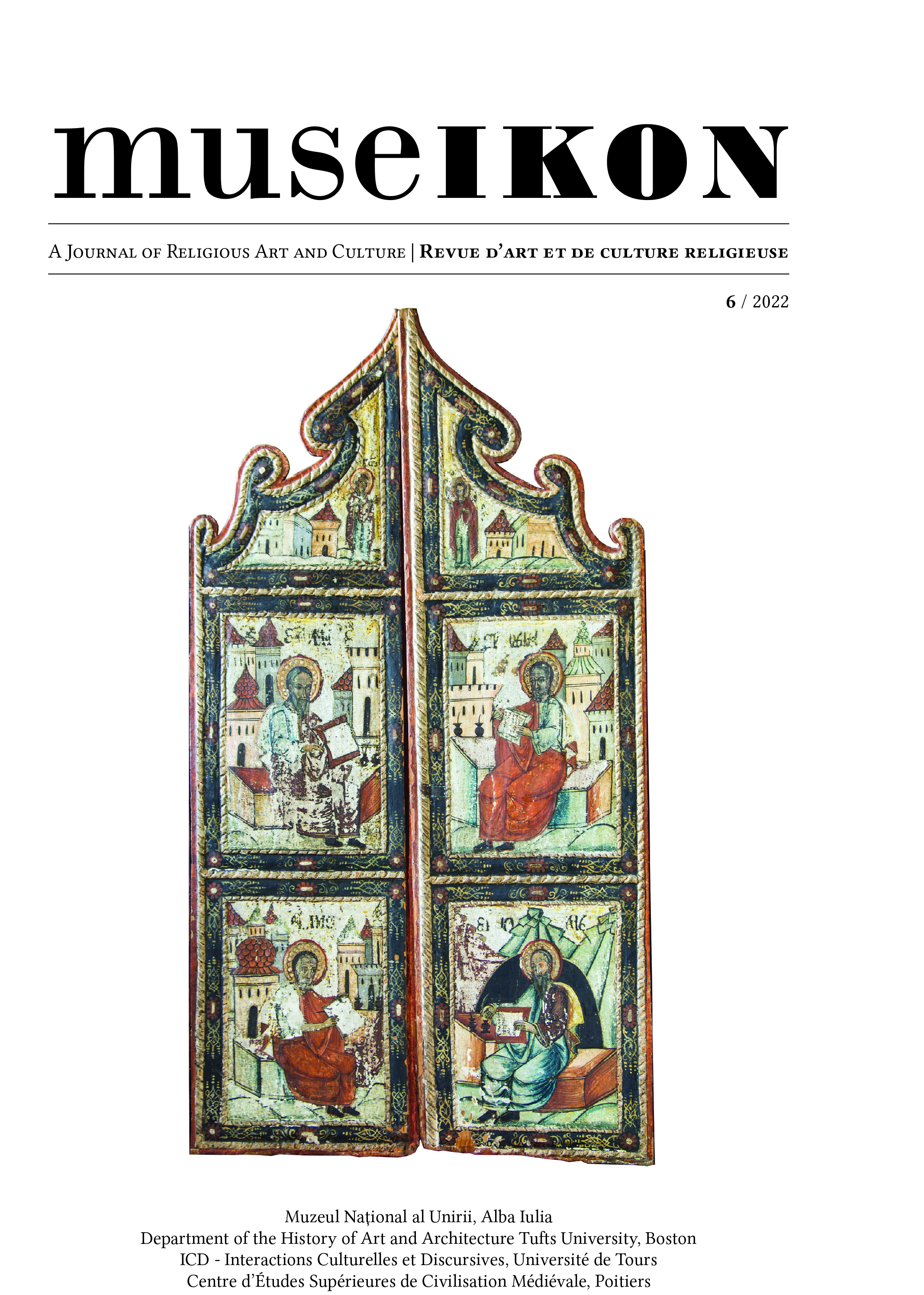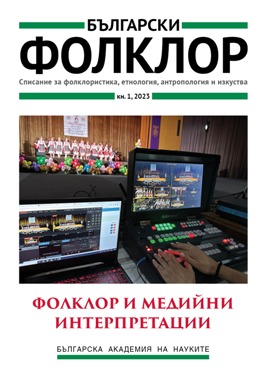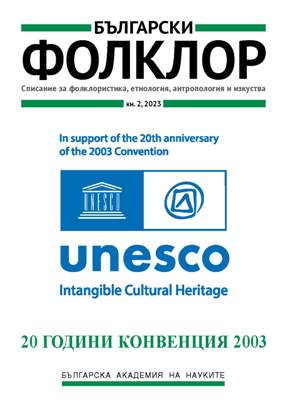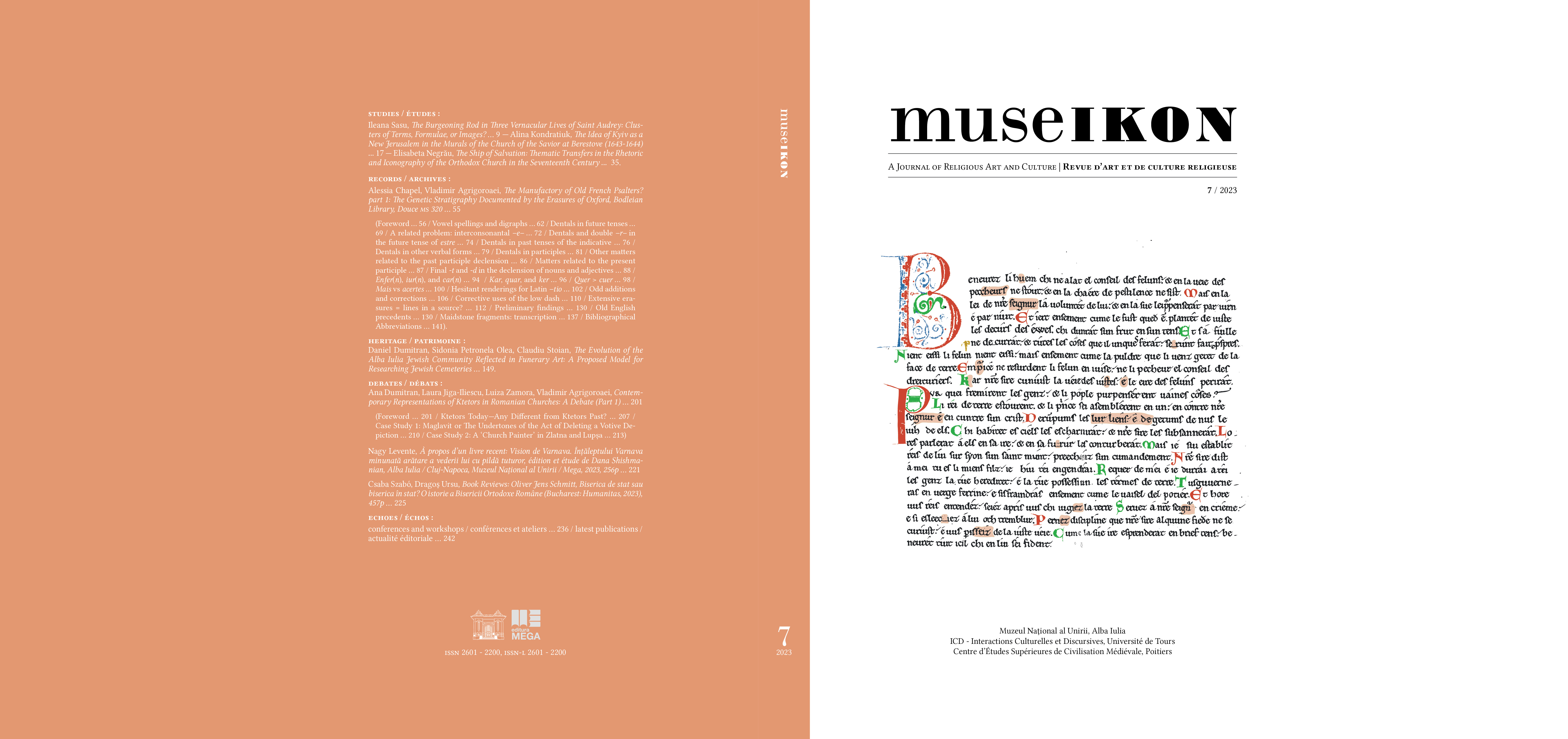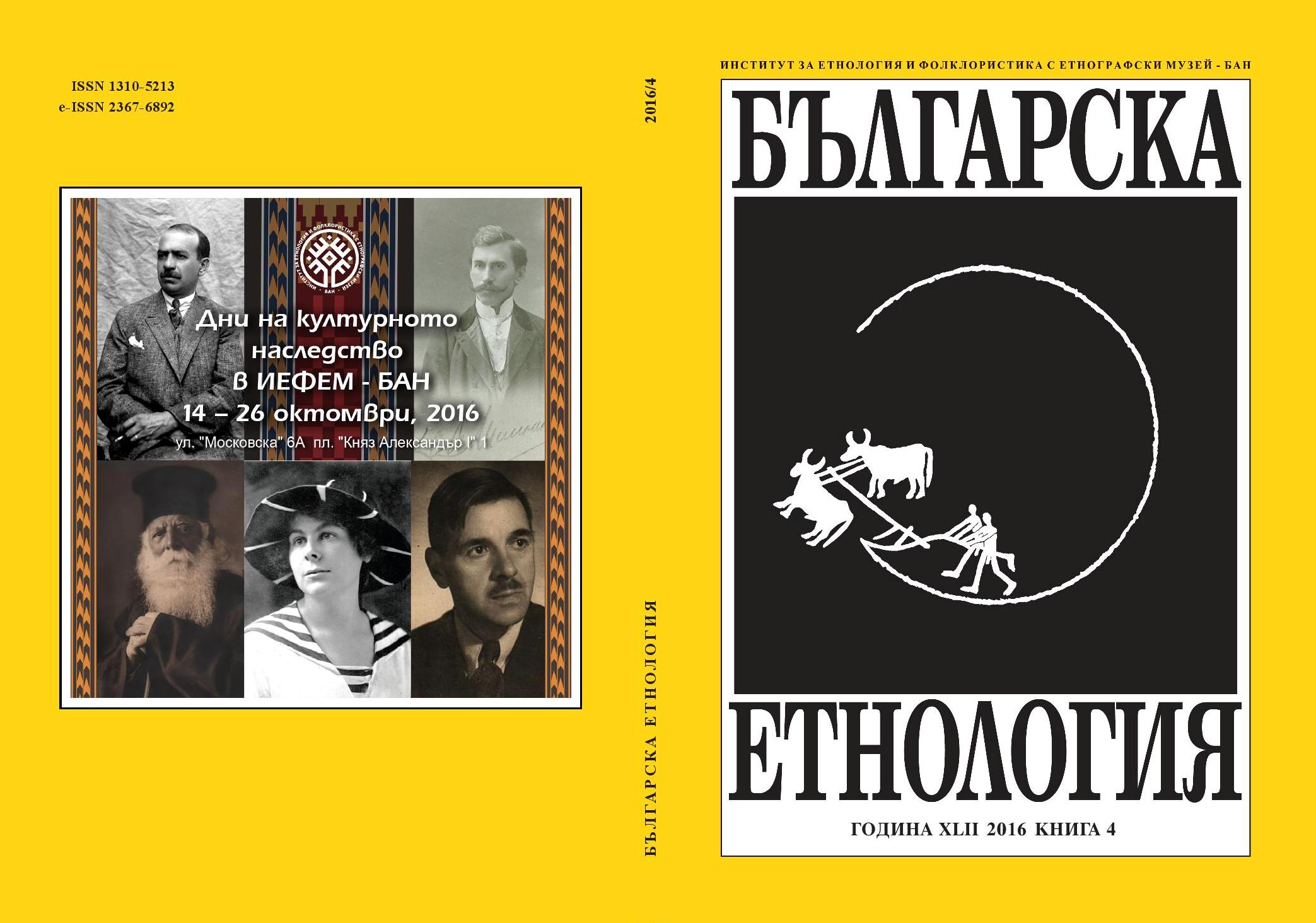
Семейството в житейските разкази на бесарабските българи
The article is devoted to the role of life stories in the study of the family of theBessarabian Bulgarians. The eyewitnesses’ stories (or the stories of their loved ones)contain various appreciations, experiences, feelings, values, and meanings whichallow the reconstruction of their world. The study is based on the life stories collectedduring field ethnographic expeditions conducted in 2009-2010 in villages witha predominant or significant Bulgarian population in the Republic of Moldova andUkraine.The life stories are an invaluable source for the study of the Bessarabian familyin traditional and contemporary perspective. Sharing them requires a climate of trustbetween the respondents and the researcher. The life stories represent a collection ofselected facts and episodes, in which many hidden, suppressed and forgotten thingsremain beyond the narrative. Because of their subjective character, the family is representedin an estimative and emotional way enabling the identification of the trendsin its development and the judgement of its values and morals.
More...
